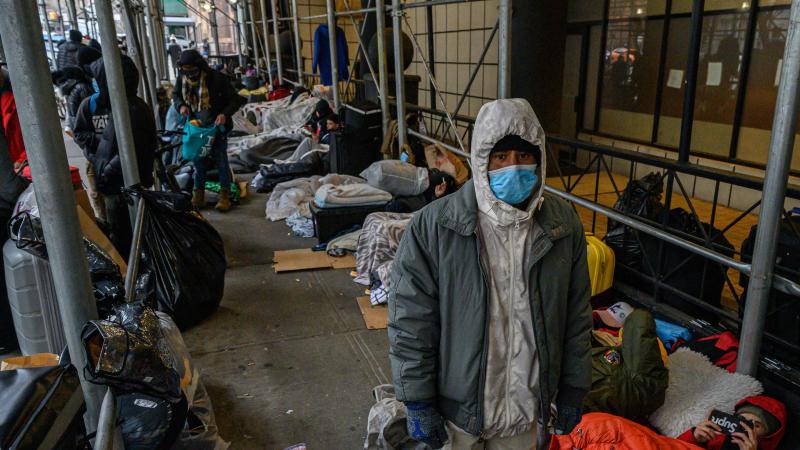Top epidemiologist foresees legal action by insurers against COVID vax makers over death risks
Yale epidemiologist Harvey Risch cites explosion of "early unexpected mortality claims," largely not COVID-related, that insurers are struggling to pay following alleged misrepresentations about "all-cause mortality" from clinical vaccine trials.
Yale University epidemiologist Harvey Risch is expecting insurers to seek financial compensation from COVID-19 vaccine makers to cover "early unexpected mortality claims," as they "they have a major financial risk that they have to figure out how to manage."
Insurers' actuaries estimated COVID vaccinees would "live longer than they have" based on misrepresentations about "all-cause mortality ... from the original [clinical] trials," Risch told the "Just the News, Not Noise" TV program. In a followup interview he pointed to statements by insurers that offer group life insurance.
OneAmerica CEO Scott Davison told a healthcare conference in December that death rates had risen an "unheard of" 40% in the working-age people it insures compared to pre-pandemic rates, when a "one-in-200-year catastrophe" would only bring a 10% increase. Most claims aren't filed as COVID-related deaths, he said.
Public records show that Lincoln National, a much larger insurer, reported a 163% increase in death benefits paid out in 2021, the first year of the COVID vaccines: $1.4 billion, compared to $500 million in pre-pandemic 2019 and $548 million in 2020.
It largely blamed a $41 million operations loss in the first quarter of 2022 on "non-pandemic-related morbidity, including unusual claims adjustments, and less favorable returns within the company's alternative investment portfolio."
Lincoln Financial Group Vice President of Corporate Communications Kelly DeAngelis told Just the News the 2020 statutory filings didn't include Lincoln Life Assurance Company of Boston. The 2021 supplement includes results from both companies, which merged that year.
DeAngelis didn't otherwise respond to Risch's predictions about the company or the insurance industry as a whole, and OneAmerica didn't respond.













